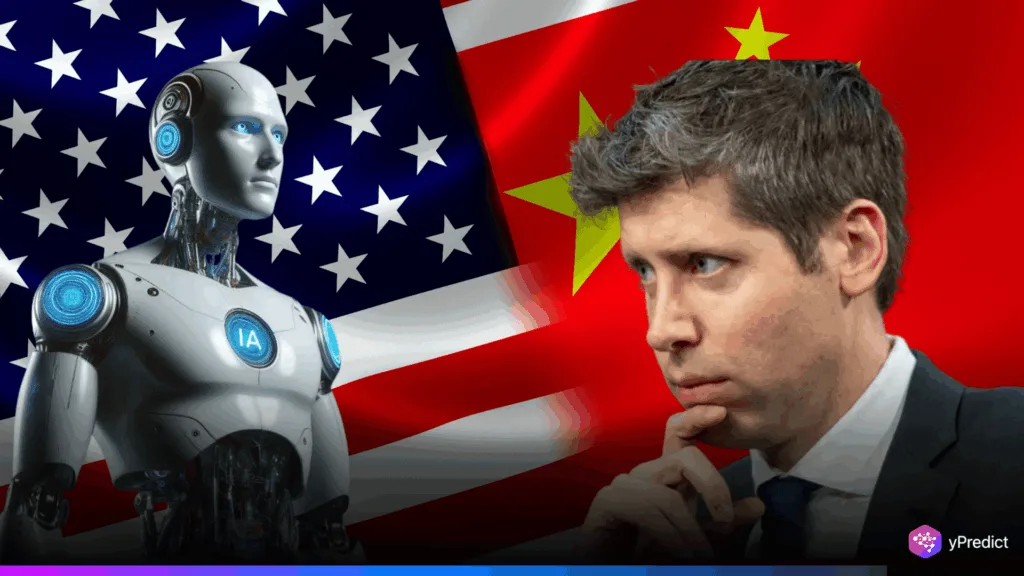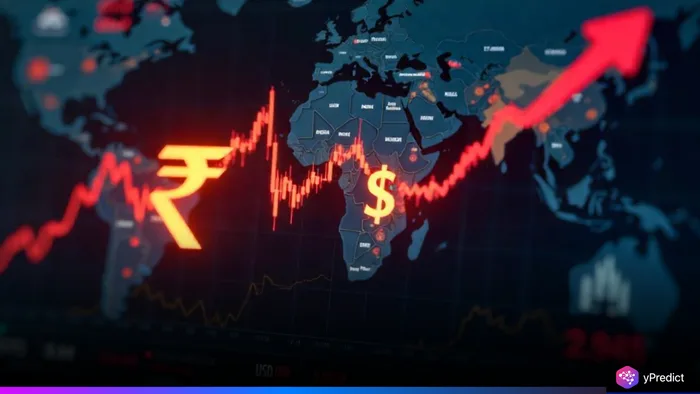
U.S. tech giants are calling on Congress to unify regulation and boost infrastructure spending to win the escalating AI competition with China. Testifying before the Senate Commerce Committee, OpenAI CEO Sam Altman joined AMD’s Lisa Su, Microsoft’s Brad Smith, and CoreWeave’s Michael Intrator in declaring AI a defining technology one that could eclipse the internet in its impact on society and geopolitics.
US Tech Leaders Call for Federal AI Framework
Altman, emphasizing AI’s transformative potential, told lawmakers, “This will be at least as big as the internet, maybe bigger.” He stressed the need for investment in infrastructure and power generation, calling for a “dual revolution” in AI and energy. The executives warned that fragmented state-level regulations would hinder progress, advocating for a single, federal approach that supports rapid innovation and compliance.
A key concern was the potential weakening of U.S. influence if global markets turned to alternative, especially Chinese, AI systems due to restrictive trade policies or a lack of federal leadership.
Trade Risks, China’s Rise, and the Fight for Global AI Dominance
Senators expressed bipartisan concern about China’s ambition to lead AI by 2030. Senator Ted Cruz warned against imitating Europe’s regulatory style and urged America to preserve its innovative spirit. Altman and other leaders reinforced that U.S. dominance depends not only on technological excellence but also on global adoption.
Lisa Su of AMD highlighted that export restrictions risk pushing countries toward inferior but rapidly advancing Chinese alternatives. “If we can’t sell our chips globally, others will fill the gap,” she noted. Altman agreed, pointing to the international leverage gained when U.S. tech becomes the default infrastructure worldwide — just like iPhones or Google.
AI Data Centers, Energy Demand, and State Competition
Altman’s testimony also illuminated massive energy demands. He cited a Department of Energy report projecting that U.S. data center electricity use could hit 12% of national consumption by 2028. These centers are crucial for training generative AI tools and chatbots.
To meet this need, OpenAI is building what could become the world’s largest AI training facility in Abilene, Texas a site chosen for its renewable energy potential. Altman praised Texas’ policy support and urged other states to follow suit.
A Race for Global AI Leadership
The U.S. must balance innovation, regulation, and international trade as AI reshapes global dynamics. Tech leaders like Altman believe America can win — but only with clarity, unity, and urgency. With China surging forward, lawmakers now face a choice: lead or lag in the race that may define the century.





